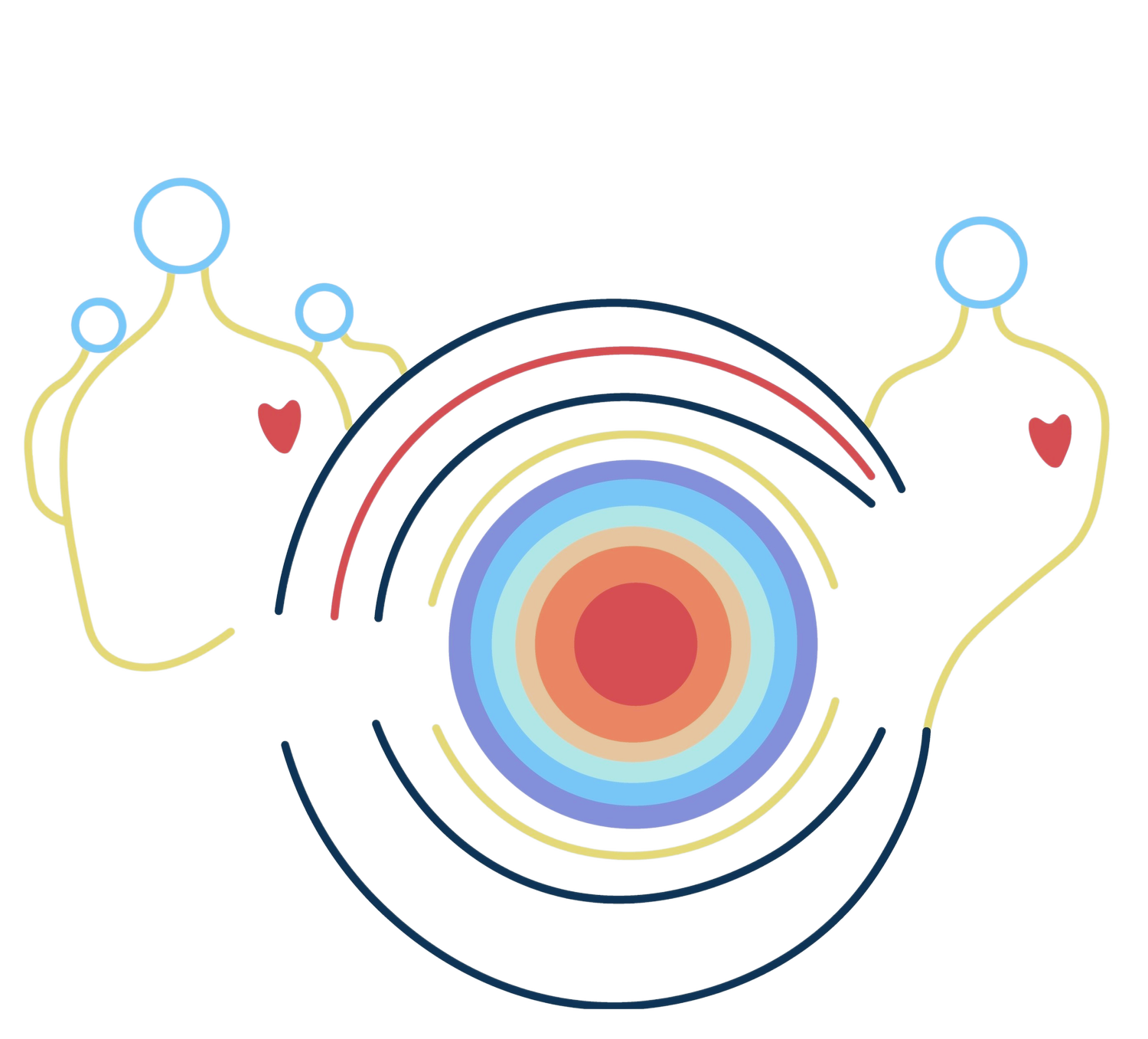KEMPE international virtual conference: a global call to action to change child welfare
Once you speak your truth - you will know it - and it will change you: Workers’ experiences of telling ‘truth’ about doing everyday child welfare practices
date: 10/4-7/2021
speakers: Nancy Freymond, Marilee Sherry, Julia Harkness, Cheryl Elbers, & Andy Koster
abstract:
This session is about why truth-telling among child welfare workers matters; it is also about the experience of telling it, what we are learning and how it has changed us. We draw on our research– more specifically on the process of ‘doing’ a collective autoethnographic inquiry. Our research process involved sharing truths about moments in our everyday child welfare practices where we knew in our hearts that the child welfare procedures were causing harm to families, but we did not stop.
In a world where speaking truth is branded as simplistic and naïve, we chose to act on a deep yearning to share raw truths about the experience of doing everyday child welfare work. In the space we made together, we invited stories that were difficult to tell and difficult to hear. We consciously focussed on the stories not told about the times when we wrestled deeply with the humanity of our actions, about whether our child welfare actions, are, at their core, morally ‘right’. We treasured our process by agreeing to speak from the place of our most authentic selves, listening attentively and with intention to our own stories and the stories of our colleagues.
Truth-telling matters, in part, because our truths are a conduit to deeper, structural, lesser visible realities of child welfare systems. For example, we became aware of the operation of a colonial code, embedded in child welfare’s DNA about keeping silence. We theorize about why it exists and share our experiences of how we have unwittingly honoured this code in our everyday practices and the implications of having done so.
This session also explores how this process has changed us. There is power in collective truth-telling. We have experienced it as a form of personal and collective consciousness-raising. We are ‘seeing’ with more clarity than ever before our complicity in upholding child welfare processes that perpetuate deeply colonial and oppressive social relations. We will talk about how we are assuming our responsibilities and taking action.
Everyone is welcome and especially those folks who sense their own yearning to speak unfiltered truths about the realities of doing child welfare work.
Wrestling with Whiteness in Everyday Child Welfare Practice
Presenters: Darian Fournie, Emma Jewell, Tamia Knight, & Amilah Baksh
Abstract:
Building from ideas derived through the Child Welfare TRUTH-Telling Collective, we are growing in our awareness that systems of child welfare are designed to protect Whiteness. Whiteness is both a social identity and an ideology that is invisibly embedded in our history, social norms, and institutions like child welfare. It is multi-layered, everywhere and elusive at the same time. It just is. Whiteness is often invisible to those who are privileged by it because it is seen as the normal and natural way of living and of doing child welfare work. As workers, we tend not to be in the habit of questioning Whiteness in our everyday routines. And this is threatening to those who do not have this privilege because it is the source of White supremacy, oppression, and racism.
This workshop welcomes everyone but it is oriented specifically to folks who work with communities, families and young people in child welfare systems. It is our aim to provide a space conducive to dialogue and honesty about how Whiteness is reproduced in child welfare processes. We are not interested in blame or shame, but rather in becoming more aware. The information we will share relies on our lived experience of doing child welfare work and our insights from a collective autoethnographic project. We also rely on our discussions with BIPOC, as well as white workers about Whiteness in child welfare practices.
We plan to join with you in asking questions and generating ideas about resisting Whiteness in everyday child welfare routines. And we will invite you to imagine child welfare practices not structured by Whiteness.
